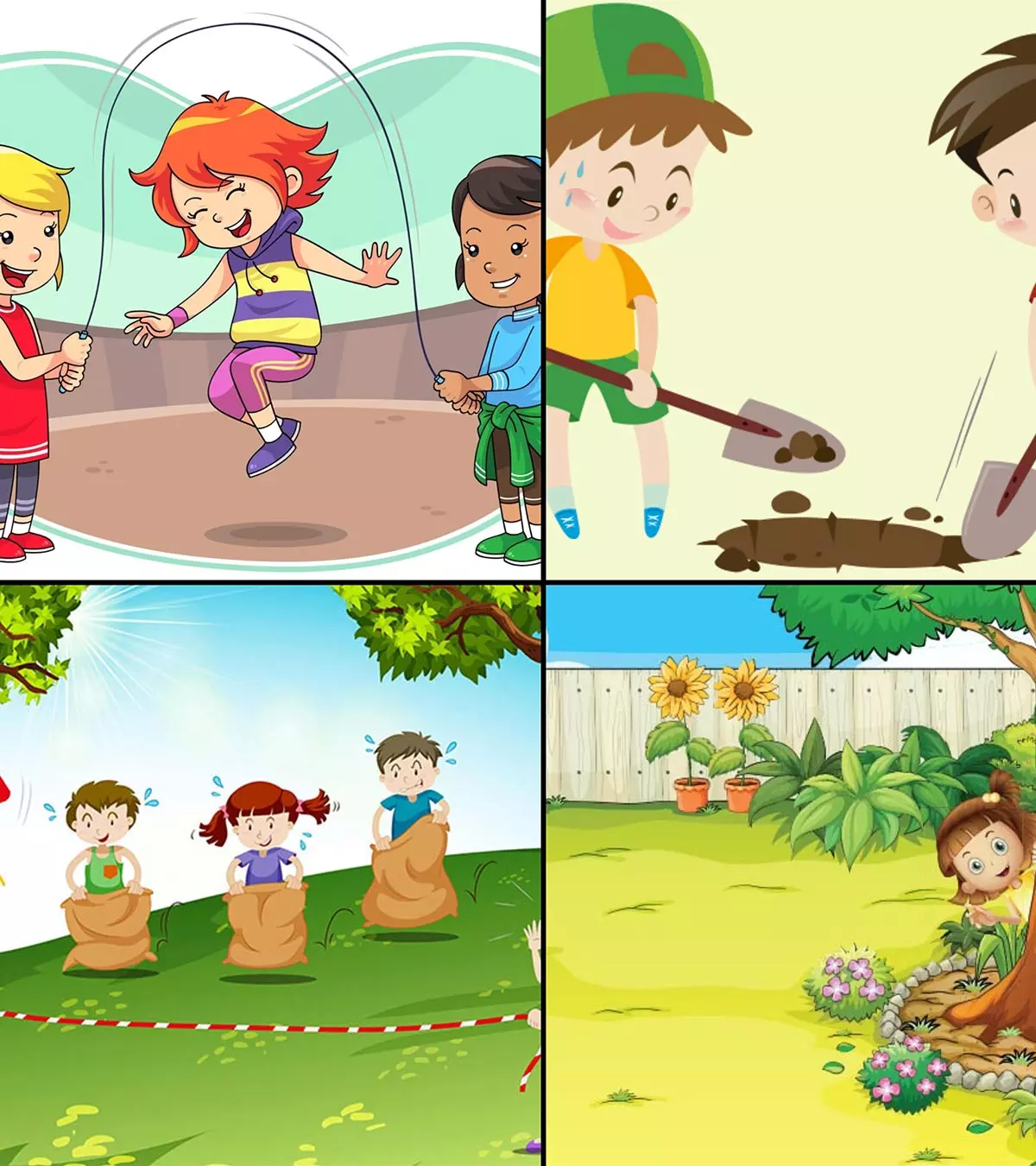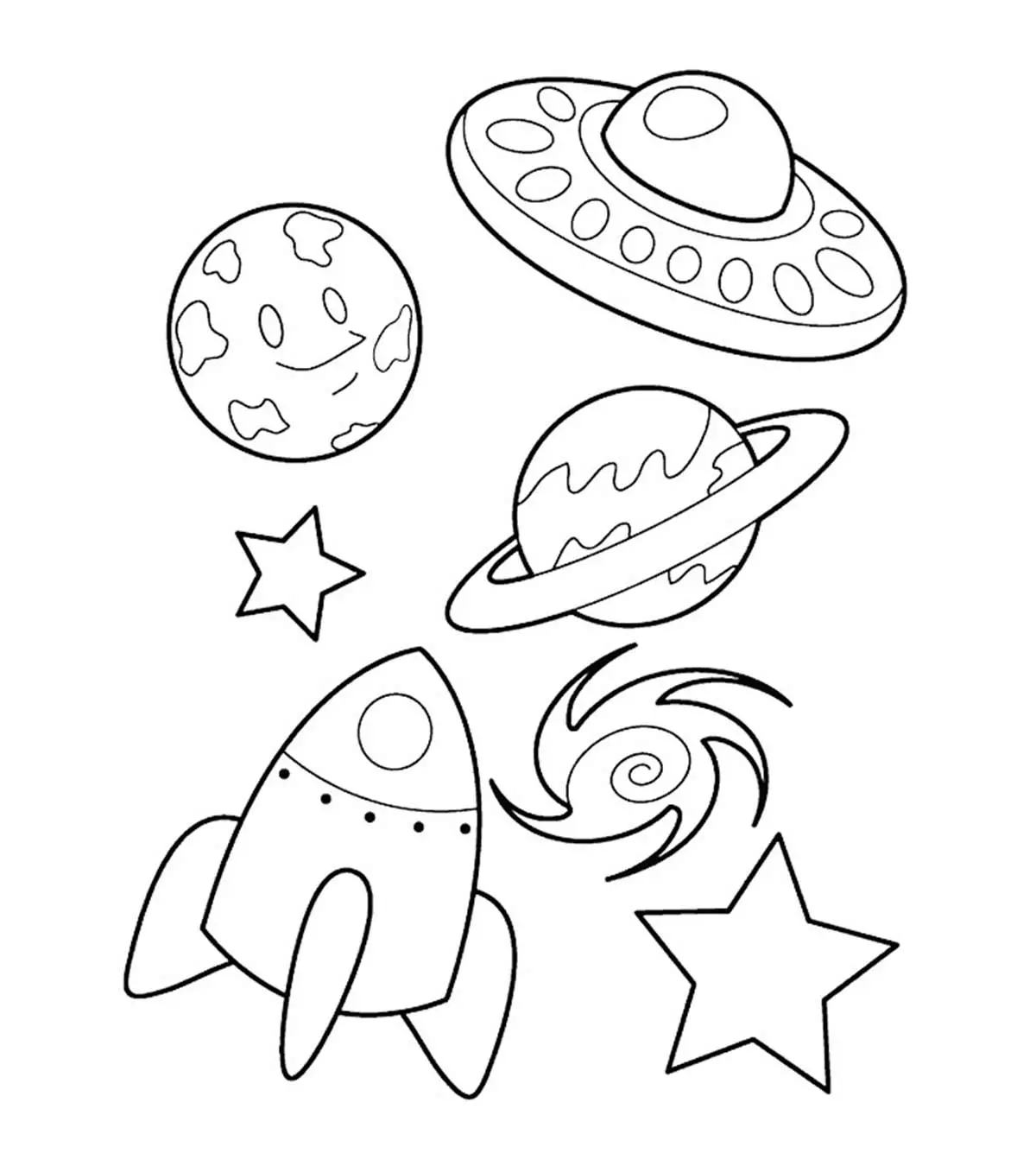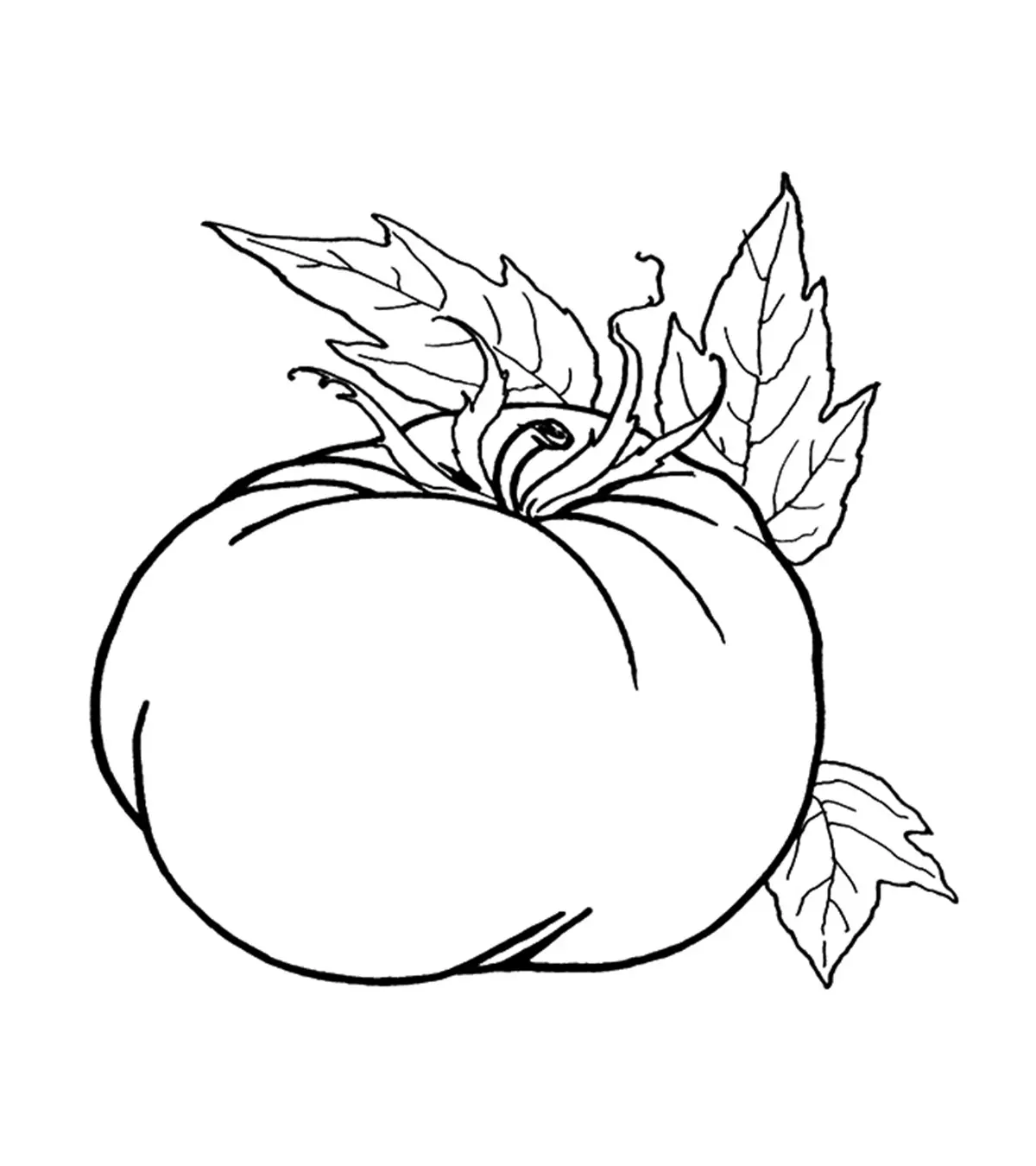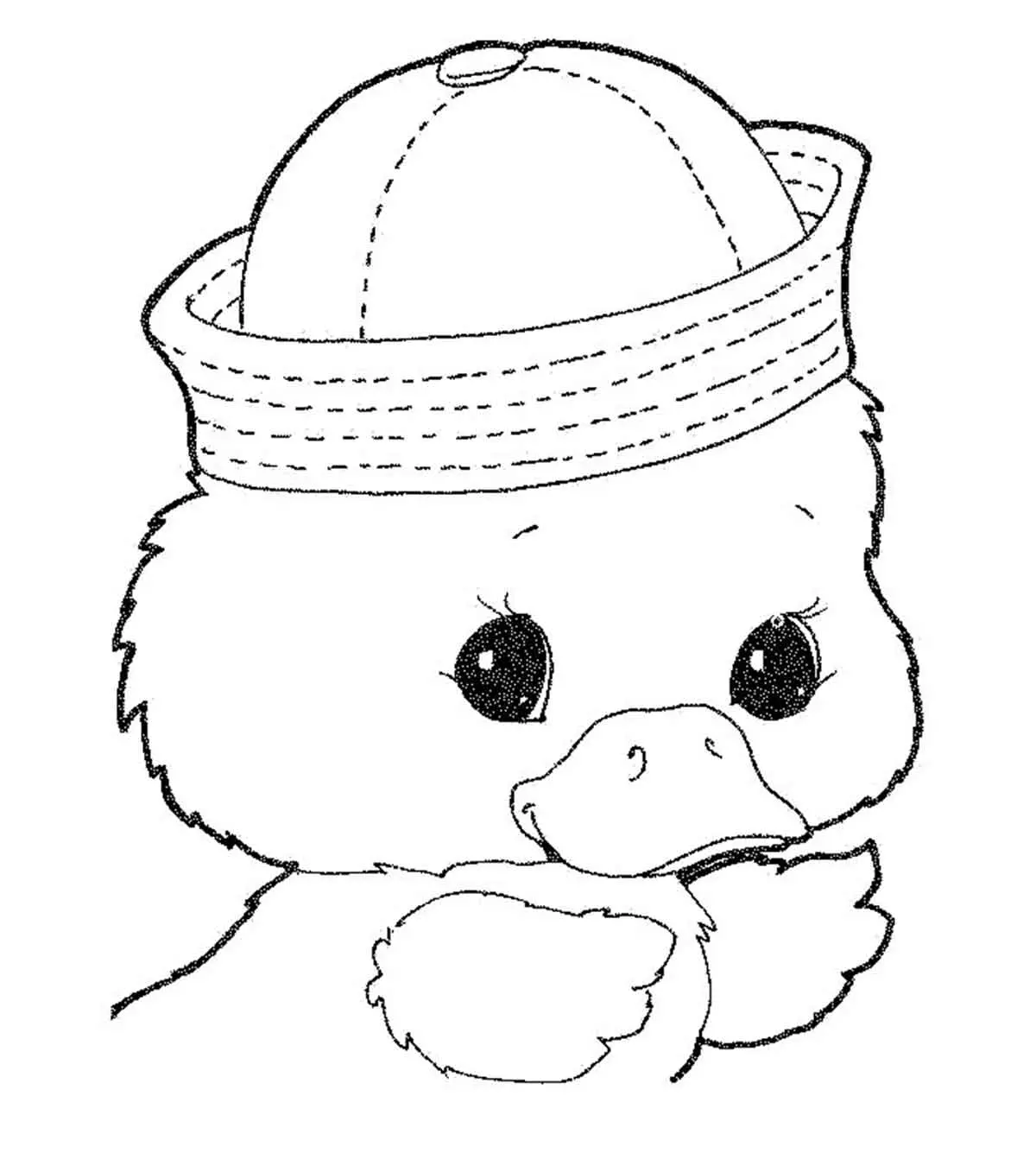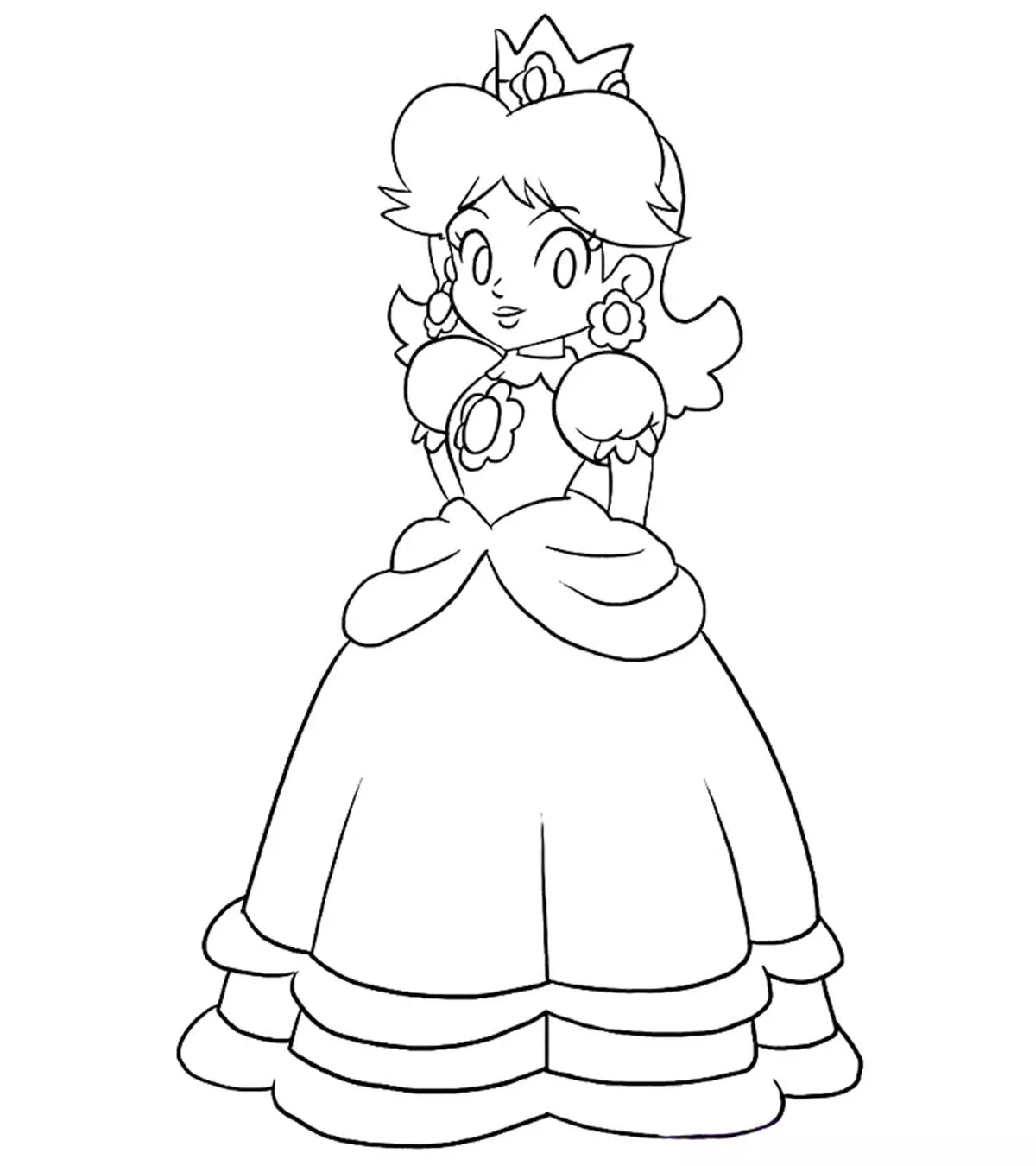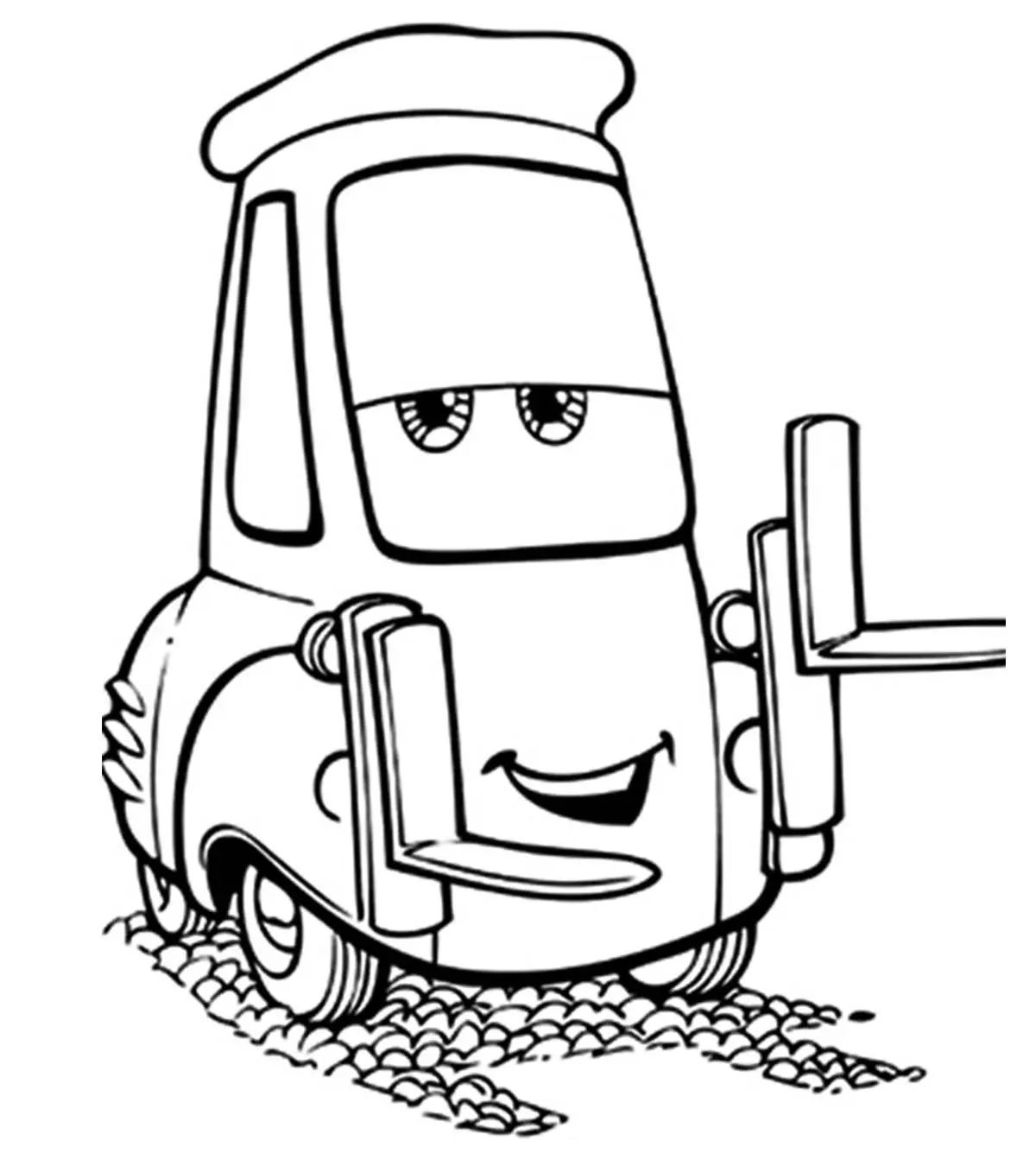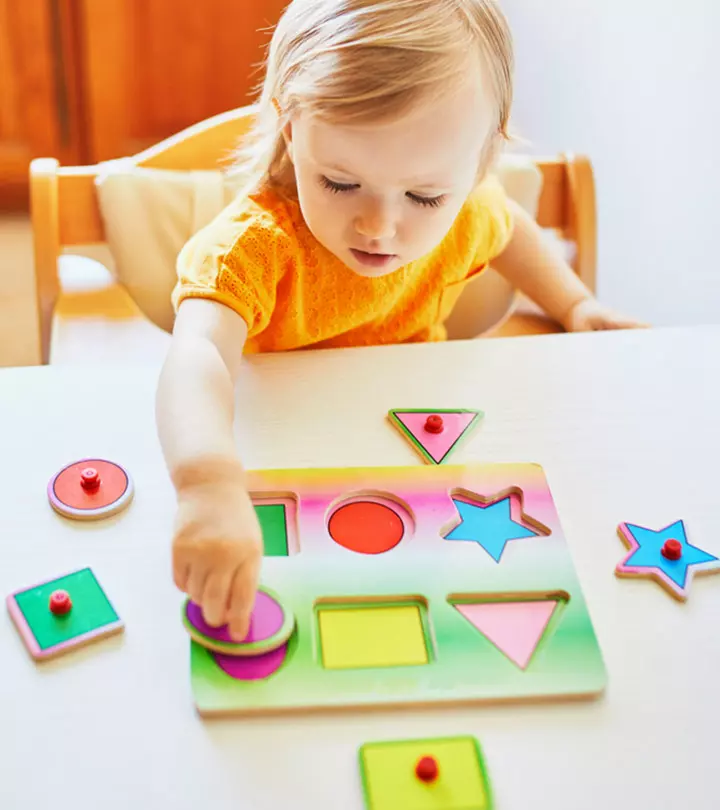
Image: Shutterstock
Problem-solving preschool activities are an essential part of learning, leading to the development of the most crucial skills for your child. These activities not only enhance immediate cognitive skills but also lay the groundwork for future academic success and emotional resilience. Your child’s journey between realizing a problem and finding a solution involves effort, thinking, and patience. What comes in between realization and solution is important to understand, as it is the key to a lightning-fast intellect. The process is the most beautiful part, which is also the beginning of making a new genius for the world to witness. These little minds could one day become billionaires, philanthropists, or someone far more successful.
Read on to know some of the problem-solving activities for toddlers and preschoolers and how it helps them.
Key Pointers
- Honing your child’s problem-solving skills during preschool can help them see things differently and enhance their creative abilities.
- Teach them to find the problem and use their analytical abilities to find a solution.
- Simon Says, treasure hunt, puzzles, and spot the difference are a few problem-solving activities a toddler can try.
What Is Problem-Solving?
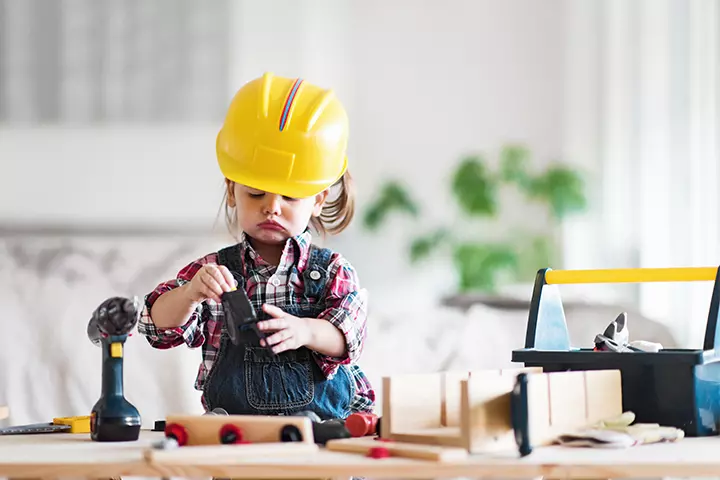
Image: IStock
Problem-solving is the art of realizing a problem and finding an apt solution by a series of interconnected thoughts in the cognitive area of the mind (1). It requires identifying the problem and pondering over the causes and attempting to chalk out the reason. The next step would be to find a solution out of the many alternatives. Identifying the causes of a problem would involve some deep thinking, which can benefit a child’s growth and aid in their character development.
What Are Problem-Solving Skills?
Problem-solving skills are what every child needs to survive in this world. A few problem-solving skills are analytical thinking, logical reasoning, lateral thinking, creativity, initiative, persistence, negotiation, listening skills, cognitive skills, math skills, and decision-making. Good communication skills are also important as they improve the self-esteem of your child.
Why Is Problem-Solving Important In Preschool?
As parents, you may not want to fill your child’s minds with every problem-solving ability. But you must trust the process, as it is the most important phase of life, and they are learning new things every day.
- During preschool, they are constantly interacting with friends and surroundings. They come across various problems and learn from them. The best part is that it will be effortless for them to pick up these skills faster as they are in their learning stage.
- Also, the earlier they learn, the better it is (2)
- Children in preschool are introduced to the realm of creativity and imagination through storytelling and poems. It will be the perfect time to enhance their creative abilities.
- Children usually try to ignore things beyond their understanding. But problem-solving skills might help them see things differently.
- Developing problem-solving abilities can help them take new initiatives.
 Quick fact
Quick factHow To Teach Problem-Solving Skills To Preschoolers?

Image: IStock
Making them listen with patience and willingness is a skill that will help them comprehend what you teach them. Here are some steps that you can follow:
- Teach them how to approach a problem in a practical way. Incorporate storytelling to present problems that children can relate to, encouraging them to come up with solutions. Allow them to explore and find solutions by themselves. Problem-based learning will stick with them forever.
- Make them do simple household chores in their own way. And, there is no right or wrong style to it. Kitchen experiments are a great way to learn.
- Every kid is unique and has a different pace of learning. A teacher/ parent will have to be observing to analyze the best way to teach them.
- Usually, the first step would be to identify the problem.
- Once they find solutions, tell them to evaluate the pros and cons. And choose the best solution.
- Teach them to take failure positively.
- Encourage group activities as children tend to be active when their peers are along.
 Quick tip
Quick tip13+ Problem-Solving Activities For Toddlers
You may try several problem-solving activities at home. We have listed some of the best activities here:
1. Simon Says
One of the children becomes Simon and gives commands. The rest have to follow the commands and enact only when they hear ’Simon says’ at the beginning of the command. If anyone acts when the words ‘Simon says’ is not told at the beginning, then that particular child is out. This game will improve listening skills and response time.
2. Tic–tac–toe
The game teaches decision-making and the cost of consequences. This game involves two players. One player has to mark X anywhere on the tic-tac-toe, followed by another player marking O. The idea is to make a horizontal, vertical, or diagonal line with either three X’s or O’s. Both players have to stop each other from winning. Sounds fun, right?
3. Treasure hunt
Divide the children into groups and give them clues to find hidden objects. Activities such as treasure hunt evidently improve their problem-solving skills and induce the idea of competition.
4. Build a bridge
Provide children with building blocks of different shapes and sizes, mark a starting and ending point, and place a few obstacles between them. Arrange a line of different-sized toy cars at the start line and ask them to create a bridge for the cars to cross. This activity promotes critical thinking and spatial awareness. Further, ensuring that the bridge is big enough for all cars and is long enough to go across helps children understand structural integrity.
5. Puzzles
Puzzles can make a child think out of the box. They can develop a child’s logical reasoning. Arranging the crumbled pieces will surely improve their level of patience.
6. Hide and seek

Image: IStock
Playing in a group can make them less shy and socialize with others. And, with hide and seek activity, children can learn devising strategies, escaping from a troublesome situation, and various other skills.
7. Sorting together
Give them various toys, pieces of clothing, or other random objects at home and some bins. Now ask your child to sort and place everything in the right bin. See how good they are at classifying the objects.
8. Spot the difference
Show them printouts of two similar pictures, with one picture having some differences. Ask them to spot the differences. This helps in actively improving their concentration and attention to detail.
9. Matching animals with sounds
Play sounds of various animals and let the children guess their names. You can also take them to an animal farm where they can observe their behavior. This activity may improve their sound recognition ability over time.
10. Drawing
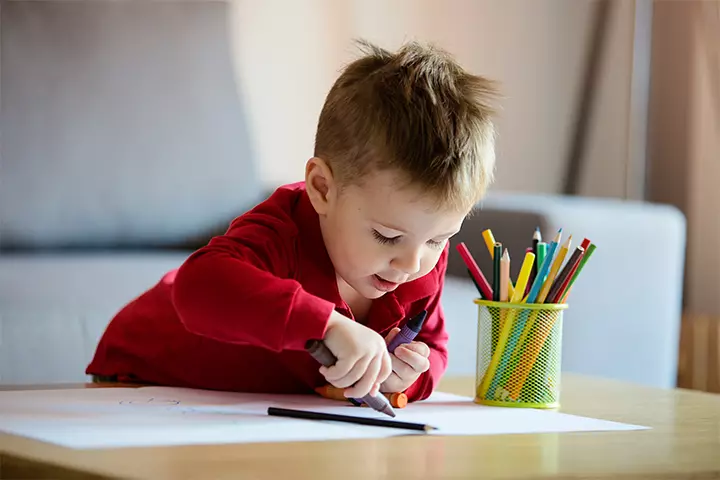
Image: IStock
Give your child a blank canvas and some paints or coloring pencils. Let them get creative and produce a masterpiece.
11. Memory games
Memory games can improve a child’s retaining capacity. One such game is to sit in a circle and play “Chinese Whisper.” In this game, kids sit in a circle. Each of them has to whisper a word in their peer’s ear. The same word, along with a new one, is whispered into the next child’s ear. This should be continued till the last child in the circle announces it for all to hear.
12. Fort building
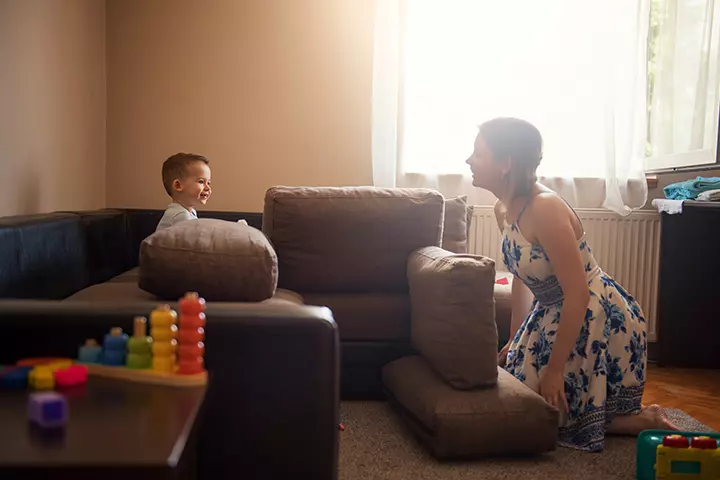
Image: IStock
Building forts using toy material, Lego, pillows, or blankets can be fun. During the process of building a fort, children may have to face minor or major difficulties. Overcoming such issues and completing the target successfully helps in the improvement of logical and analytical abilities.
13. Maze
Solving mazes can also help a kid improve their approach towards dealing with problems and dead ends. It will enable lateral thinking and thinking out of the box.
14. Stacking rings
Stacking rings is an effective problem-solving activity for children as it enhances spatial awareness, fine motor abilities, and cognitive development in children. The task requires careful consideration of size, shape, and balance, fostering critical thinking and problem-solving skills. Children must strategize the order and orientation of the rings to successfully build a stable tower. This activity encourages creativity as they experiment with different stacking techniques. Give children a set of rings in varying sizes and materials for this activity. Ask the children to construct the tower and be watchful to prevent it from collapsing, as it offers them valuable insights into cause-and-effect relationships. Challenge them to create the tallest tower possible to promote teamwork and perseverance as they refine their approach through trial and error.
Frequently Asked Questions
1. What are the stages of problem-solving?
Problem-solving is a cognitive skill that works through six stages – searching and determining the problem, generating alternative ideas or solutions, evaluating alternatives, selecting the best suitable solution, implementing the solution, and follow-up (3).
2. At what age do toddlers begin problem-solving?
According to research, children begin problem-solving right after birth. Children learn problem-solving through exploration between zero to two years, whereas, by three years of age, they learn problem-solving through experimenting and trial and error. Four-year-olds learn problem-solving through cooperative activities with peers and friends. By five and six years, kids get enough experience to deal with problems that would need abstract thinking skills (4).
3. How do toddlers develop critical thinking skills?
Critical thinking skills don’t develop in a day or week. Rather, it takes constant exposure to environments that hone a child’s critical thinking abilities. Indulging toddlers in critical thinking activities by asking open-ended questions or engaging in cognitive activities for toddlers such as block constructing and puzzles and motivating them to think out of the box are simple ways to bolster your child’s critical thinking.
4. How do problem-solving activities improve emotional regulation in toddlers?
Engaging in problem-solving activities helps toddlers learn to manage frustration and develop coping strategies when faced with challenges, leading to better emotional regulation.
Problem-solving activities for toddlers enhance their thinking abilities and promote early brain development. You may introduce problem-solving activities such as tic-tac-toe, Simon says, hide and seek, treasure hunt, puzzles, etc., to enhance cognitive skills in toddlers. The problem-solving skills in preschoolers help them cope with various situations and mingle with other children. Problem-solving skills help children think differently and take the initiative in making decisions and solving problems. These activities help build the skills without any force or pressure.
Infographic: Hone Your Toddler’s Problem-Solving Skills
Problem-solving skills are developed with practice and time; teaching this skill early on can help children tackle simple troubles and master them as they grow older. So, scour through this infographic, which can help you design activities to enhance your toddler’s decision-making and problem-solving skills. Illustration: Momjunction Design Team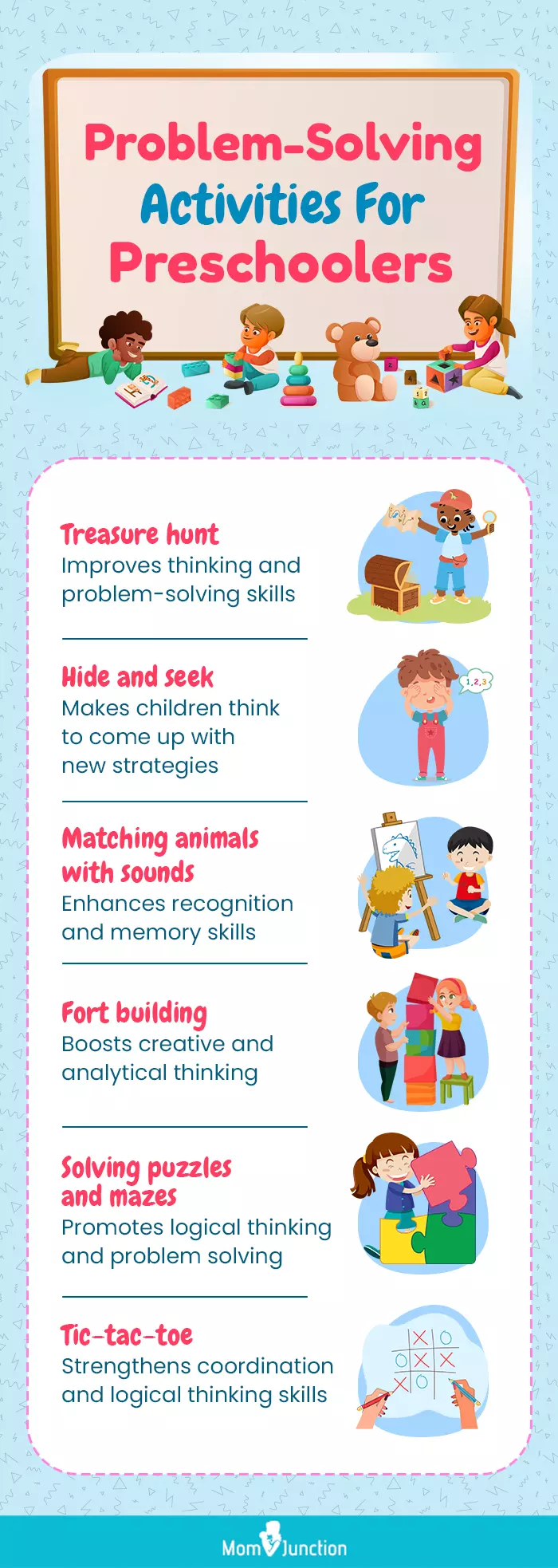
Illustration: Problem-Solving Activities For Toddlers And Preschoolers
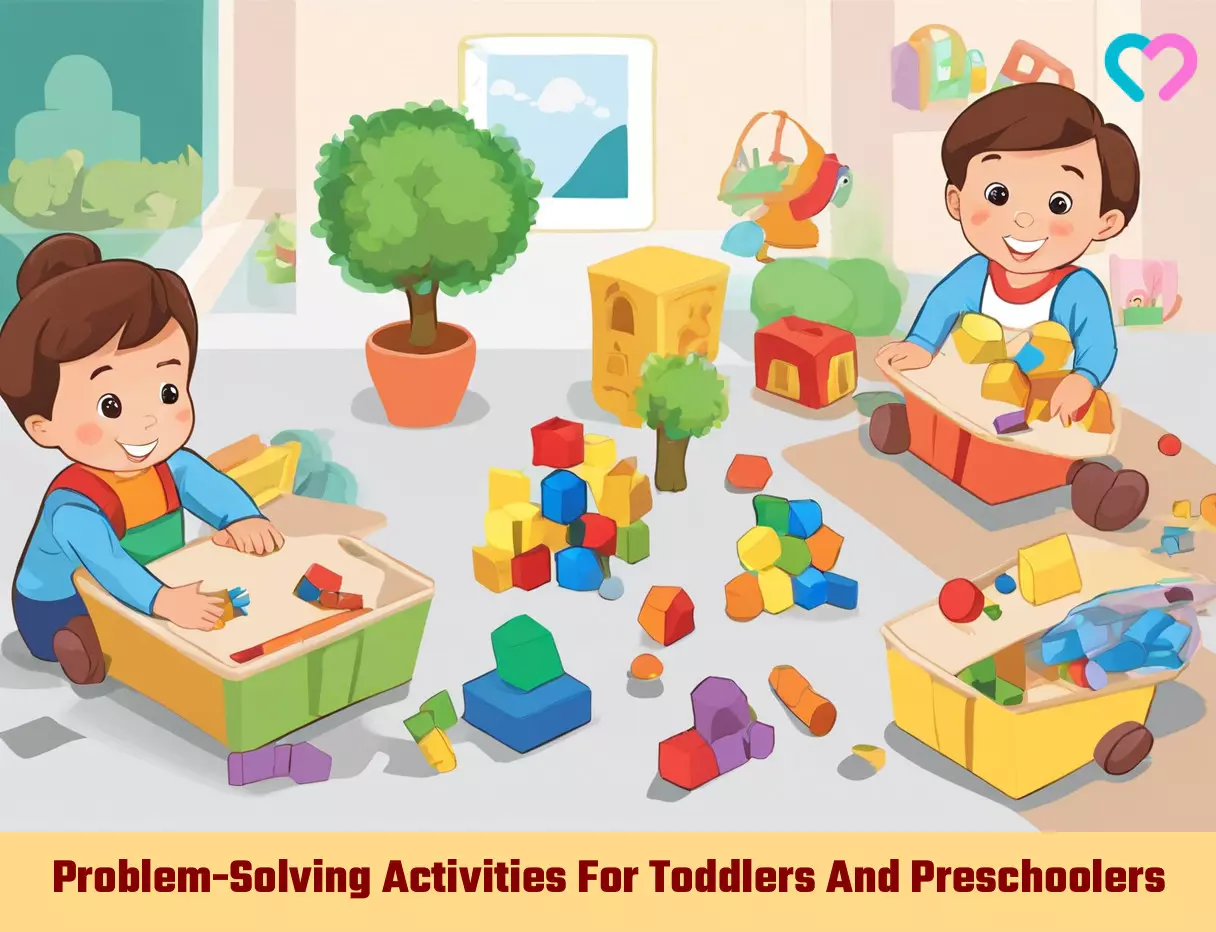
Image: Stable Diffusion/MomJunction Design Team
Unlock your creative problem-solving skills with some of the activities lined up in this video! Learn how to think outside the box and come up with innovative solutions.
References
- You Can Do It: Teaching Toddlers Problem-Solving Skills.
https://va-itsnetwork.org/you-can-do-it-teaching-toddlers-problem-solving-skills/ - Developing Problem-Solving Skills At Early Age.
https://kennedyglobalschool.edu.in/developing-problem-solving-skills-at-early-age-takes-kids-long-way-as-they-grow/#respond - Problem solving.
https://www.healthywa.wa.gov.au/Articles/N_R/Problem-solving - Development: Ages & Stages–How Children Learn to Problem-Solve.
https://eric.ed.gov/?id=EJ738434
Community Experiences
Join the conversation and become a part of our nurturing community! Share your stories, experiences, and insights to connect with fellow parents.
Read full bio of Elisabeth Daly
Read full bio of Kavita Kankani
Read full bio of Rohit Garoo
Read full bio of Vibha Navarathna










